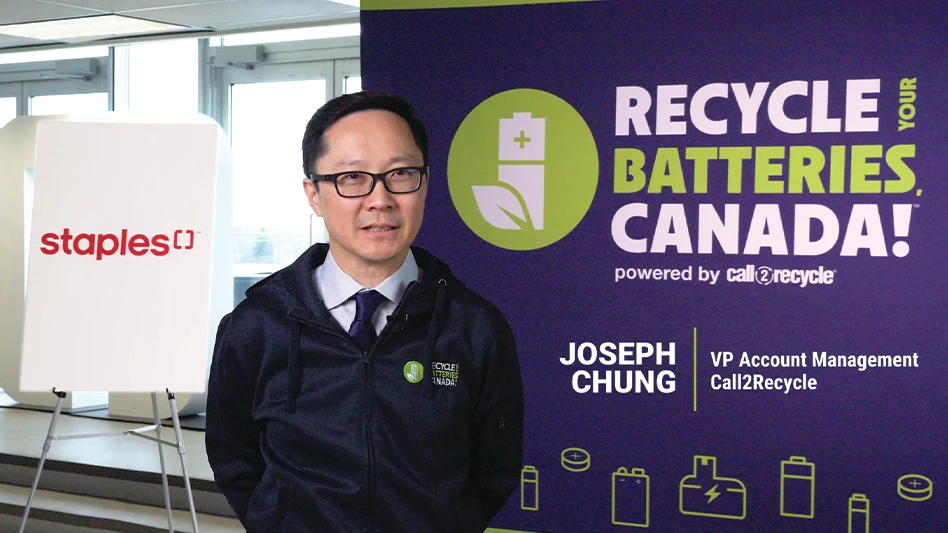Determining one’s carbon footprint has become a source of concern for both individuals and corporations throughout the world, with the United States a relative newcomer to the endeavor.
For the paper and packaging industries and their supplier networks, this is no minor curiosity. Environmental advocates have been joined not just by university researchers and government regulators in the new sustainability math, but increasingly by major corporations.
In Western Europe and many other parts of the world, the attitude toward global warming shifted from mild curiosity to genuine concern several years ago.
Now that North American-based corporations, state governments and, to a growing extent, the federal government are genuinely making decisions with CO2 emissions as a factor, the paper industry is among those that must devote careful attention to how these equations are formulated.
The American Forest & Paper Association (AF&PA) notes in one recent editorial that its member companies each year plant more trees than they harvest, which can certainly help the industry defend its record on the carbon front.
The group has also turned up the volume on the role of paper recycling as a factor in making paper and paperboard a sound choice when determining one’s carbon footprint. "By using recovered paper to make new products, AF&PA members prevent the equivalent of more than 23 million tons of carbon dioxide from being released into the air each year," the AF&PA notes in a recent advertisement.
Recycling is being touted as a way to reduce one’s carbon footprint (as is using less packaging overall, it should also be noted).
The same considerations that compel corporations to save energy are also driving them (and their customers) to consider how to minimize their carbon footprints. It seems like an undeniable case of bottom line considerations meeting up with good corporate citizenship.
Recyclers have yet one more story to tell to building owners, facility managers and others who may have a disdain for the perceived inconvenience of placing recycling bins on their property.

Explore the October 2007 Issue
Check out more from this issue and find your next story to read.
Latest from Recycling Today
- Recycled steel price crosses $500 per ton threshold
- Smithers report looks at PCR plastic’s near-term prospects
- Plastics association quantifies US-EU trade dispute impacts
- Nucor expects slimmer profits in early 2025
- CP Group announces new senior vice president
- APR publishes Design Guide in French
- AmSty recorded first sales of PolyRenew Styrene in 2024
- PRE says EU’s plastic recycling industry at a breaking point






